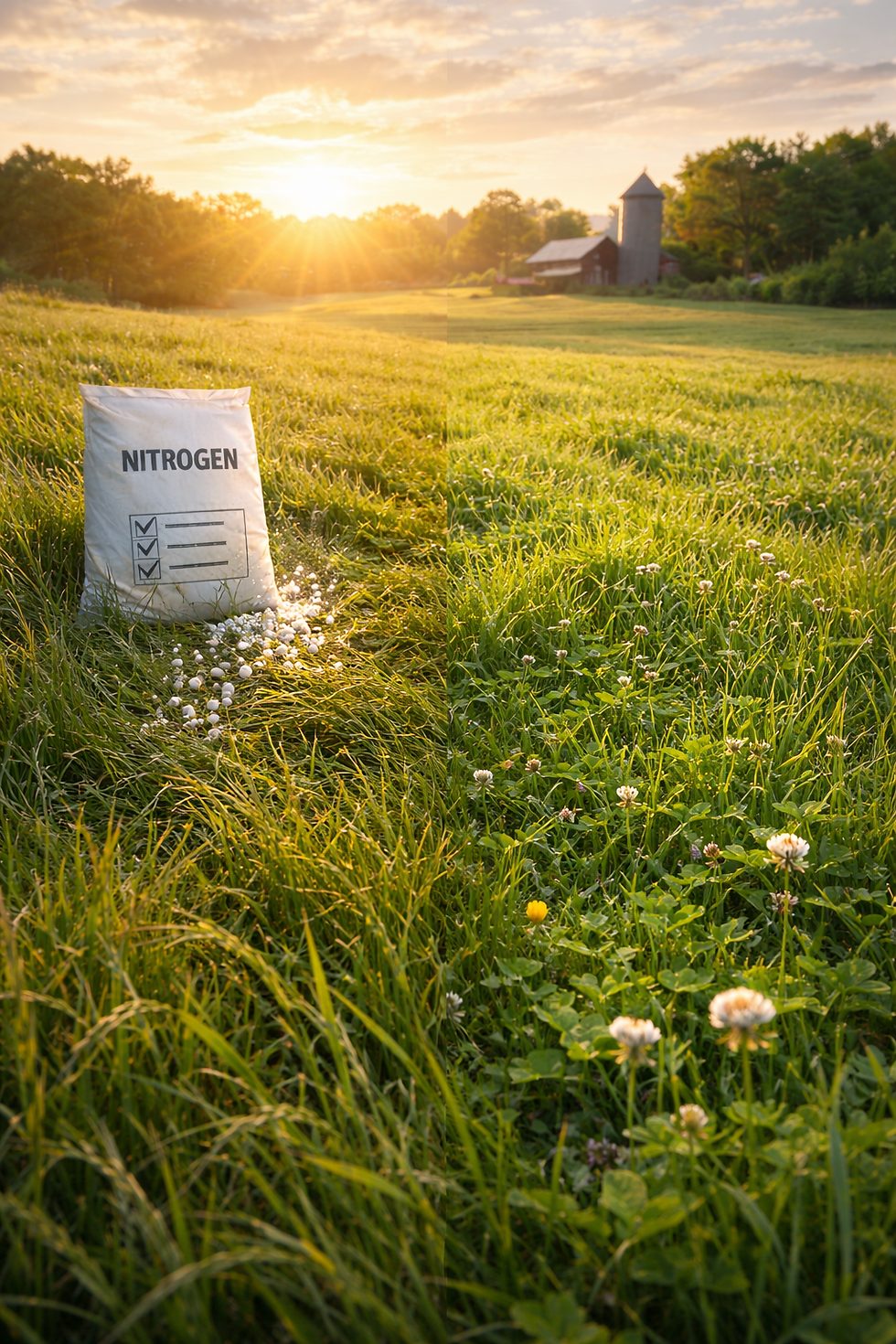Independence: Why Transparency Matters More Than Labels
- Soil Fertility Services Ltd

- Nov 3, 2025
- 3 min read
“Independent advice” gets talked about a lot in our industry. It is used as a badge of credibility and rightly so. When someone tells a farmer what to put on a crop, the stakes are high, and growers want to know the guidance they are getting is grounded in their best interest.
But over years of walking fields across the UK, one thing has become very clear to me: no one gives advice in a vacuum. Every advisor, whether they are described as independent, product-linked, specialist, consultant, or something else entirely, brings their own history into the field with them. The seasons that burned them. The trials that surprised them. The education that shaped them. The mentors they have followed and the systems they have worked in.
None of that makes the advice worse. In fact, it is what makes advice valuable. But it does mean that independence is not a binary concept. It is not “independent” or “not independent.” It is a spectrum of influence, and influence is everywhere.
At SFS, we are open about ours.
We manufacture and supply biologicals, minerals, and tools to support soil and crop function. We are proud of them. We believe in them because we have seen them work, we trial them constantly, we keep learning, and we are honest when something needs refining. Our advice is shaped by that experience, and we do not pretend otherwise.
Take a simple example: your grass analysis comes back low in cobalt, selenium and iodine, and high in potash. We will explain what that could mean for livestock performance and make a recommendation to put things right. If BetterGrass fits, we will talk about it. If something else would be better, we will talk about that. No smoke. No mirrors. Just the thinking behind the advice.

Here is the key point I will stand by:
True independence is not about having no influences; it is about being transparent about the ones you have.
A good advisor does not say, “This is the answer, trust me.”
A good advisor says, “Here is what I think and here is why.”
That is what we try to do at SFS. When we recommend a product, it comes with clear reasoning: the soil chemistry that needs balancing, the biology that is struggling, the stress the crop is showing. We explain the logic, not just the label. And if a different route serves the farmer better, that is the route we will explore.
The best agronomy conversations I have had have not been arguments about who is “independent” and who is not. They have been discussions about data, crop performance, the weather nobody ordered, and whether a field needs more nitrogen or simply more breathing room. Conversations where experience, from any perspective, is welcomed, challenged, and improved.
There are brilliant independent advisors in the UK who hold themselves to standards any industry should be proud of. There are also product-based agronomists who provide farmers with deeper knowledge and access to innovation that they genuinely rely on. When those strengths work together, farmers benefit.
So this is not a dig at independence.
It is a reminder that independence is more than a label. It is a behaviour.
Trust is not earned by claiming neutrality. It is earned by showing your workings: by explaining the “why” behind a recommendation and making the farmer part of that process, not just the recipient of it.
At SFS, our role is simple: we help people grow better crops by helping them understand their soil. We are confident enough in what we offer to be open about how we arrive at the advice we give. No masks. No mystery. Just agronomy rooted in results, curiosity, and the truth that we all bring a little bit of our past into every field we step onto.
Because when motives are clear and the conversation is honest, that is where real independence lives.



Comments